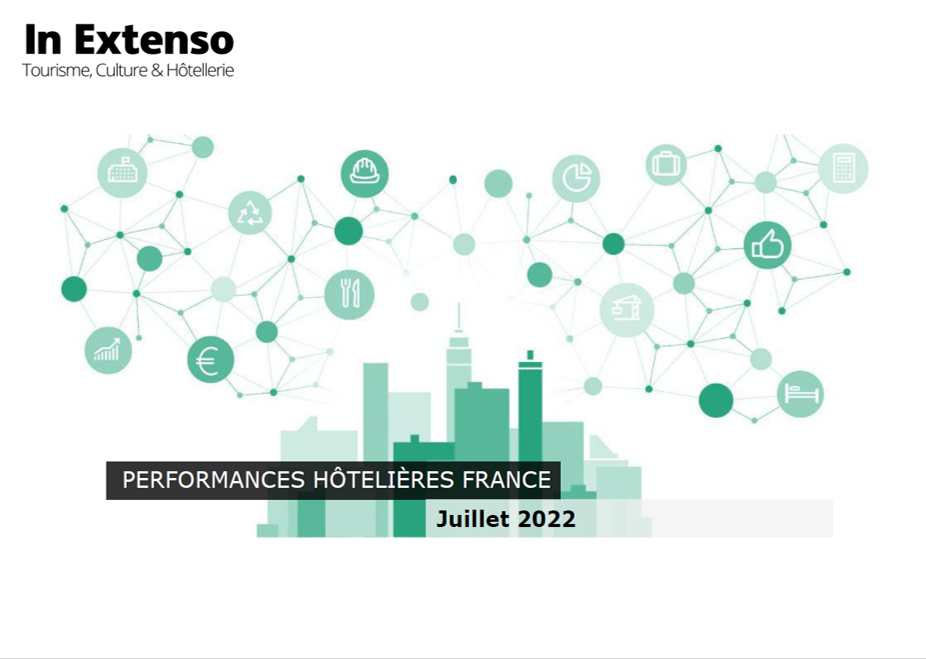News
A new approach for public tourism policies and investments
The territorial overhaul of our singular “mille-feuille” administration is being instigated with the emergence of “grandes regions”, the announced suppression of departments and the affirmation of inter-communal cooperation.
Development of an efficient recognition system
In a difficult economic climate that limits, amongst others, the possibility of granting pay rises and bonuses, coupled with a strained job market, managing to attract and retain talent has become a priority for businesses, particularly in the hotel sector where they struggle to fill vacant positions.
The challenges involved in transforming the model
Today, the future of the hotel industry is driven by two factors. The first is an opportunity: an increase in the number of tourists, which according to the World Trade Organisation, will grow from 1 billion today to 1.8 billion by 2030. The second is a threat: the rise in the number of online travel agencies such as Booking.com and Expedia, and the emergence of new collaborative models such as Airbnb.
Another increase for the hotel industry?
The latter months of 2014 led us to daydream, to lose ourselves, just a little, in the illusion that administrative matters would become simpler, that the “enterprise” would fall back in favour and that the promise not to introduce new taxes in 2015 at least would be respected.
Foundations of the banking equation
The hotel industry is a sector at the crossroads of services and real estate. The acquisition of the business (OpCo), the premises (PropCo) or both (HotelCo – OpCo / PropCo) has changed the approach of banks to financing.
In Extenso Tourisme, Culture & Hôtellerie has published the 9th edition of its annual study on the urban hotel-residence market. 20 pages of general analysis.

